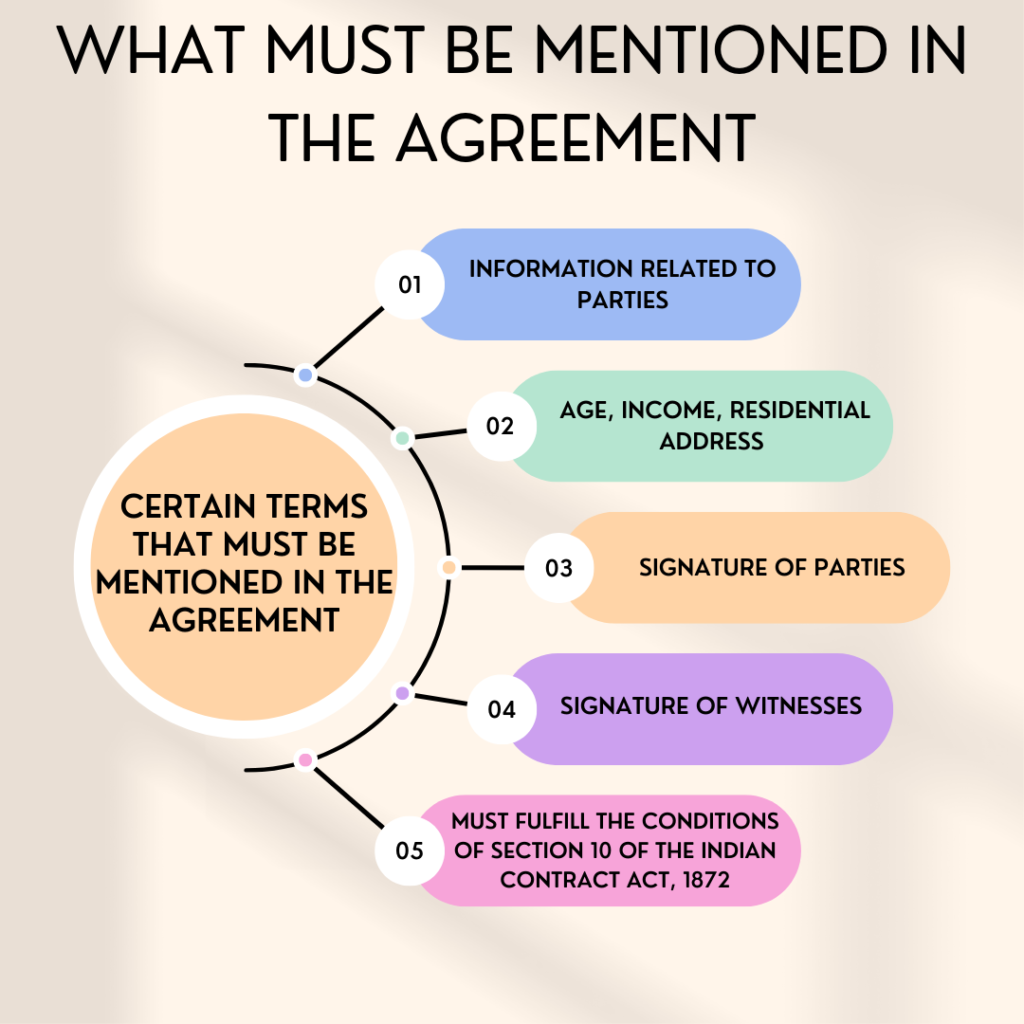Concept of Separation
Solemnisation of marriage is a commitment to perform certain duties against each other and own certain rights. The occurrence of dispute in the union of husband and wife leads to the situation of divorce. Separation emerges as an alternative to divorce. By opting for the passage of separation, through a separation agreement, the parties waive the performance of a few duties that can be performed if the parties reconcile later. A concept of judicial separation is enshrined as an alternative to divorce in the Hindu Marriage Act, 1955.
Separation includes judicial separation or legal separation and trial separation into which parties enter into a temporary agreement of separation for a temporary period. The couple tends to seek trial separation as the judicial procedure does not emerge time efficient and quick to them.
Separation Agreement
A Separation Agreement refers to a bond into which parties assert a few conditions that are obligatory for the other to abide by it. It does not include any judicial intervention.
Moreover, the phenomenon is not defined in the Hindu Marriage Act, of 1955. The act does not even pertain to any provision in consonance with the agreement. ((Swatantra Ved Shahni v. Santosh Kumari, 48 Del SCCOnline, 1988)).
The non-incorporation of such agreement in the act clearly vindicates the intent of the legislature that the concept does not hold legal support. ((Anubhav, Separation agreement between husband and wife in India, IPLEADERS, 2017))
Although, Muslim marriages are considered a civil contract the separation agreement is not mentioned in Muslim law as well. It is considered a post-matrimonial agreement as a waiver of rights and duties. Indian law considers the formula contrary to its public policy.
Nevertheless, it is not termed illegal in toto. It becomes proof of intention to get separated whenever it is presented before the court. Hence, the court of law does not question its admissibility albeit it only considers it inadmissible if somebody approaches the court for its enforcement. ((Kishan Dutt Kalaskar, Can Couples Get Separated Without A Divorce, LLEGALSERVICEINDIA, 2018))
Terms in a Separation Agreement
As there is no statutory ground governing the agreement for separation, parties are free to include the grounds adhering to Section 23 of the Indian Contract Act, 1872. The ground may include several points as mentioned below:
- If any maintenance is desired by any party.
- If the parties wish to continue their joint accounts after separation.
- If there is any minor child, his custody can be inscribed in the agreement.
- If they own any property whether movable or immovable, its division can be mentioned in the agreement.
There are certain terms that must be mentioned in the agreement:
- Information related to parties.
- Age, income, residential address
- Signature of parties
- Signature of witnesses
- Must fulfil the conditions of Section 10 of the Indian Contract Act, 1872.

Effects of a Separation Agreement
The notion behind forming such an agreement is to initiate several effects as an aftermath of the formation of that agreement. Several major effects as an outcome of the agreement are mentioned below:-
- Parties live separately with no right to others.
- Parties cannot approach the court for the decree of restitution of conjugal rights.
- The husband has to comply with the maintenance clause mentioned in the agreement if the wife is not living a chaste life.
- Both cannot remarry unless filed a divorce petition in the court of law and obtained a decree of divorce.
Things to be considered in certain clauses
Maintenance Clause:
The general law of maintenance considers the income of the parties, their living condition, and the necessities required for living humane life. All of such prerequisites must be taken into consideration while penetrating into an agreement. The maintenance amount must be mentioned in the agreement. Furthermore, the agreement must also contain the duration of rendering maintenance and the period of recurring payments, if any.
Division of Property:
The segregation of property must be clearly mentioned to exhibit the true intent of the party dividing it. Property contains both movable and immovable properties.
Custody of Child:
If there is any minor child born out of wedlock or adopted by parties before separation. His custody must take place according to the personal law of whom he is a subject. Nonetheless, the clause of child custody must not be ambiguous in the agreement. As there can be a situation where both the parents agreed to keep the child with them for a particular period, the division of such period must be specifically mentioned.
Disclosure Clause of Facts:
It is also referred to as full disclosure of facts in which parties agree that they have not mentioned any frivolous information in the agreement. And, the facts that they have mentioned are best to their knowledge.
Conclusion
The Separation Agreement is enforceable in court in various countries. It is a form of Memorandum of Understanding between husband and wife to dissolve the union and part ways. Nonetheless, there are various conditions such as restriction to remarry, party to joint accounts, payment of the loan as husband and wife, wife as a nominee, etc applicable during the period of trial separation.
Furthermore, if they do not opt to reconcile and approach the court for the decree of divorce, property acquired and earned during the existence of the separation agreement will be considered by the court. Apparently, parties may approach an advocate versed in family law to aid them if they are willing to evade the lengthy procedure of courts by coming to an agreement.
by Khushi Shukla
Disclaimer: The opinions expressed within this article are the personal opinions of the author. The facts and opinions appearing in the article do not reflect the views of Adjuva Legal and Adjuva Legal does not assume any responsibility or liability for the same.







